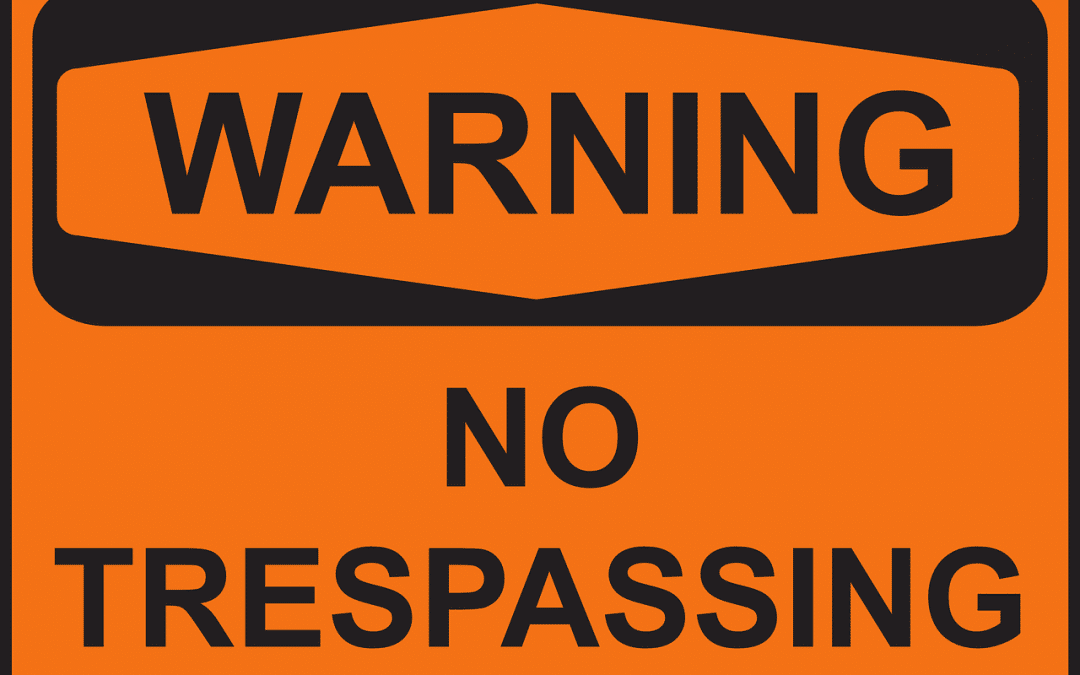Trespassing: If there’s any concept of law that any New Jersey native quickly learns about early on in their lives, it’s this one. Yet, many know far less about it than they think they do.
Although it may not sound as a serious offence, the idea of criminal trespassing is one that must be understood because of how it can happen to anyone. If you’ve lived in New Jersey for a while now, you may have caught someone being in your property when they’re not supposed to, though you may not have been as well-equipped to face the situation as you should.
The specifics of criminal trespass in New Jersey
Fortunately, it isn’t too late to brush up on all that you need to know about properly dealing with a criminal trespass case (or avoiding the mistake of committing it). Here’s everything you need to know about the concept of trespass in New Jersey in further detail:
An introduction to the concept in question
According to New Jersey law, a criminal trespass is defined as the act of:
- Going onto a property knowing that you don’t have the permission to be there or have no granted access to it
- Remaining on a property after learning that you don’t have the right to be on it
Various factors to consider when handling or filing for criminal trespass
However, it is essential to consider that understanding the specifics of trespassing fully entails getting acquainted with other pertinent factors that can influence how a case is dealt with. Let’s go over some of the particulars of intrusion in further detail:
- Intent: For a case of trespassing to be considered as such by the law, a perpetrator must have ended up in the property knowing that they aren’t allowed to be there or remained in the area even after being informed that they can’t stay. This concept is brought up before all else when assessing the possibility of criminal trespass to avoid hasty charges that could arise with other less severe circumstances, such as accidentally wandering into private land.
- The presence of a warning or notice: In New Jersey, trespass cases need to be determined as such if a piece of land where a perpetrator was caught had a sign that explicitly states “No Trespassing.” Apart from signage, another item that may be considered as a required warning or notice is a verbal warning from a property owner. At the same time, keep in mind that this must be accompanied by proof.
- Specific acts that are considered trespassing: Apart from having someone wander on your property when they’re not supposed to, other acts may be committed on your property that will be considered trespassing. Actions like cutting down trees without permission, tampering with vending machines or private property, entering a vehicle without an owner’s permission, or hunting on someone else’s land, also constitute trespassing.
Conclusion
Dealing with a trespassing case may not necessarily be as simple as you may expect at first, but getting familiar with the specifics can go a long way in being prepared if ever the situation arises. By taking the time to get familiar with this guide and keeping all the necessary details in mind, you’ll be able to face any predicament with the right legal knowledge and carry out essential measures immediately!
We’re a team of top criminal lawyers in Bergen County, NJ, with decades of collective experience and expertise. If you’re looking for a top-notch legal counsel composed of the best criminal defense attorneys for your case, get in touch with us today to schedule a consultation!
